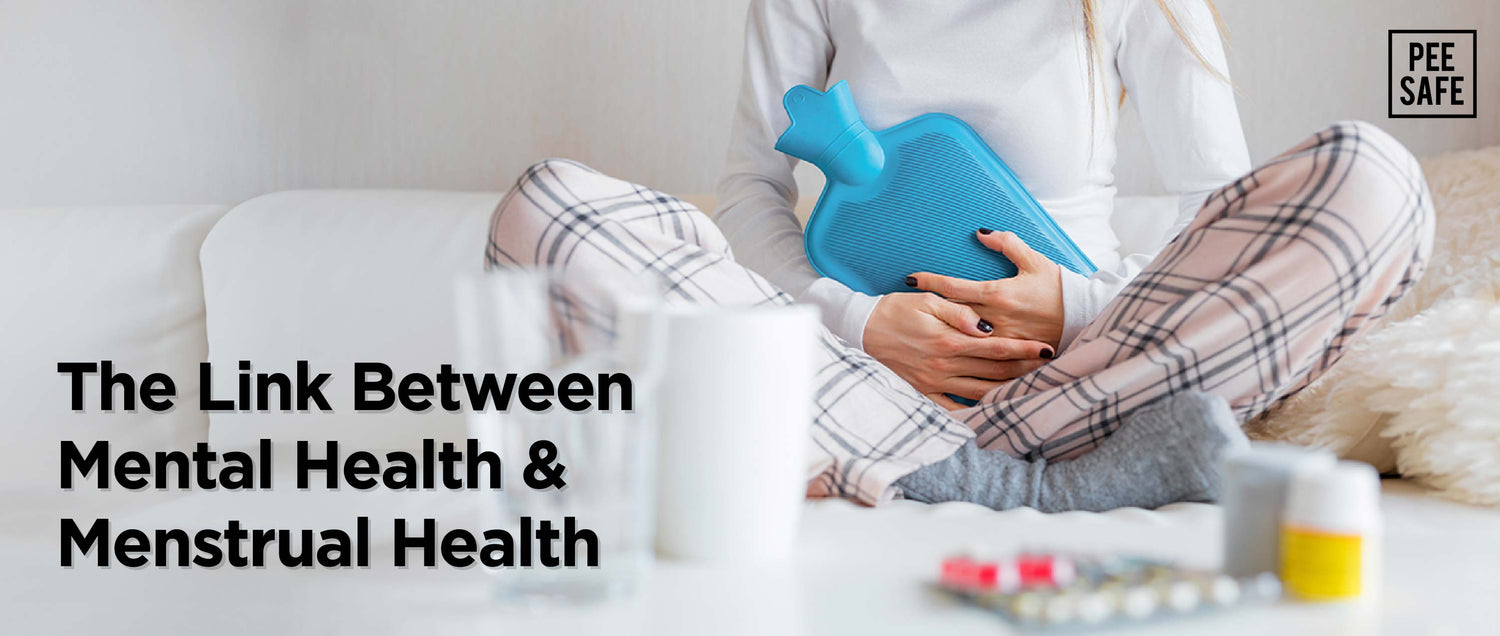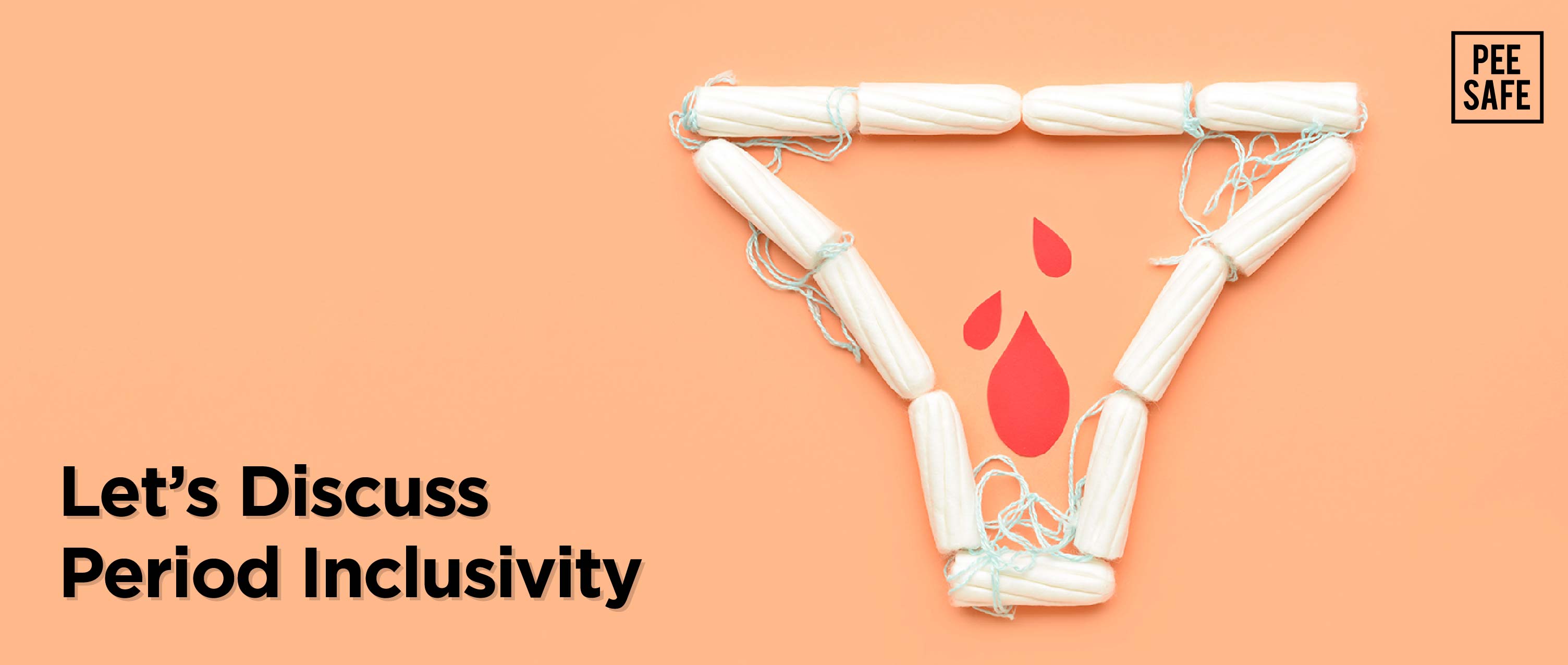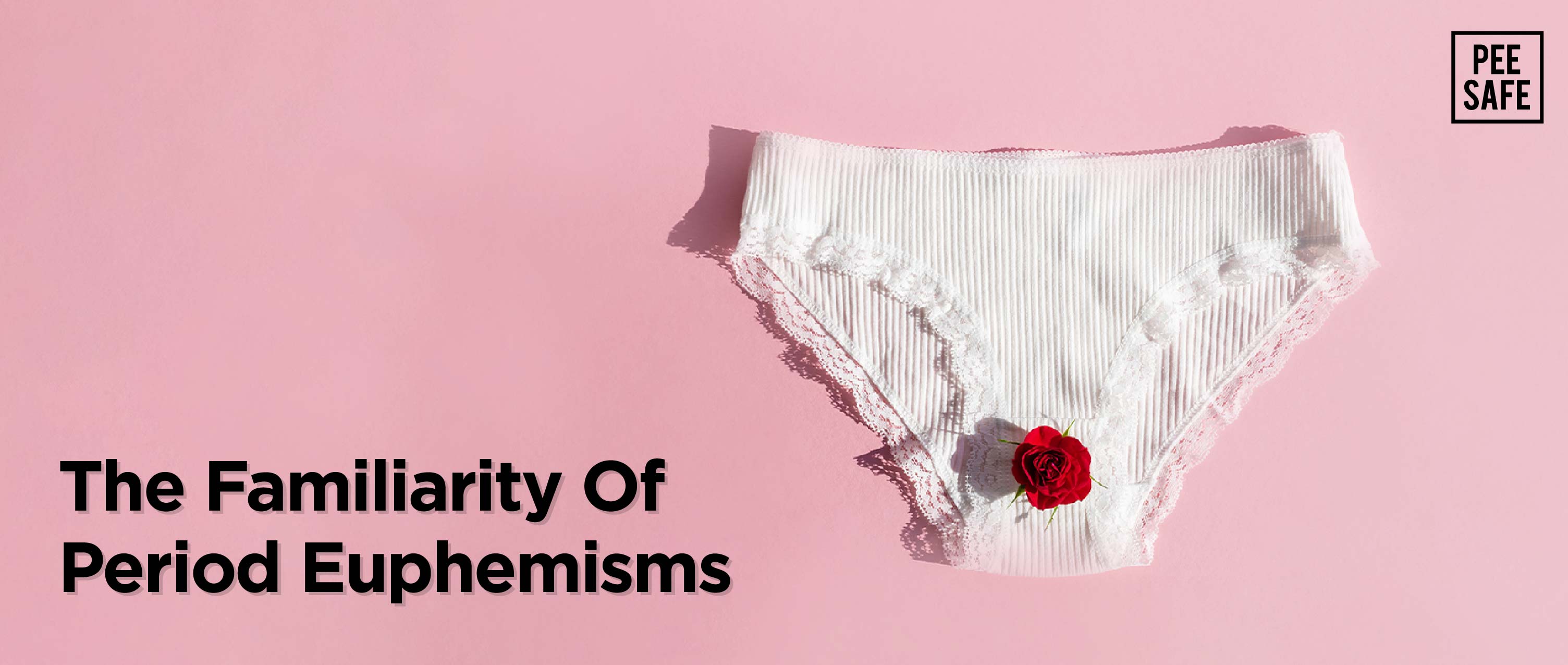Women’s health is a multifaceted domain encompassing various aspects of physical and emotional well-being. One of the most crucial, yet overlooked aspects is the intricate connection between mental health and periods. This connection, influenced by hormones, periods and emotional well-being is an essential part of every woman’s life.
Let us now delve into this intricately tied-up codependence between mental and menstrual health, and shed light on how hormonal fluctuations during the menstrual cycle can profoundly impact the emotional well-being and overall health.
But before we dive into this link between mental health and periods, it's important to have a basic understanding of the menstrual cycle itself. It is a roughly 28-day process that most women experience from adolescence to menopause. It involves a series of hormonal changes, primarily controlled by estrogen and progesterone, that prepare the body for potential pregnancy.
The menstrual cycle can be divided into four phases:
- Menstruation
- Follicular Phase
- Ovulation
- Luteal Phase
Each phase is characterized by prominent hormonal shifts and changes within the body which plays a significant role in this intricate connection.
Mental & Menstrual- The Connection
After a basic understanding of the concept of menstruation and it’s phases, we can now jump into the factors that actually connect the two with each other.
Hormonal Fluctuations
There is no hiding that the menstrual cycle is a hormonal rollercoaster. The rise and fall of estrogen and progesterone levels throughout the cycle have an impact not only on physical changes but also on emotional well-being. During the follicular phase, which is the first half of the cycle, the estrogen levels gradually increase and as we know it, estrogen is known to have mood-enhancing effects, often leaving the person feeling more energetic and frequently balanced.
However, the luteal phase, which is the second half of the cycle, sees a shift in hormones. Progesterone levels rise while estrogen levels decrease. This hormonal shift can lead to mood swings, irritability and even feelings of depression and anxiety. These hormonal and emotional fluctuations are often referred to as Pre-Menstrual Syndrome or PMS.
Impact On Mental Health
Hormonal fluctuations can have a significant impact on a person’s emotional and psychological well-being. Many women report feeling more anxious or sad during some days and the feelings might trigger emotions or memories which can lead to overthinking, overwhelmingness, etc. For some, these changes can be mild and manageable but for others, it can be severely distressing.
Having an understanding of how and when one’s hormones influence their mental health can empower them to take proactive measures to manage these symptoms.
Period Health And Overall Health
Menstrual health and overall bodily health are not that different. That feeling you get on your period when you don’t want to do anything and just lie at the same place, in the same position all day, can sometimes be the result of feelings of sadness and fatigue. This is one of the many examples of how periods and overall bodily health are interrelated.
There is not much that you can do when you get such feelings but one thing that might work can be incorporating exercising and meditation in your daily routine in order to improve the overall quality of your life.
How To Manage Your Mental Health Throughout The Menstrual Cycle?
Now that you know how your menstrual health and mental health are connected, here are a few tips that might help you deal with the changes that come about in your body.
Lifestyle Choices
Making good lifestyle choices can also help to lessen the effects of hormone variations on mental health. Regular exercise, a balanced diet, and stress-reduction practices such as meditation and yoga can help stabilize mood and ease PMS symptoms.
Self-Awareness
Self-awareness is one of the most effective ways of reducing the effects of the menstrual cycle on mental health. You can better prepare for mood swings and other symptoms by keeping track of your cycle and seeing patterns in your emotional well-being. This can be done very easily through a lot of apps available nowadays.
Seek Support
If you notice that your menstrual cycle has a negative impact on your mental health, don't be afraid to seek help. To manage severe symptoms, a healthcare provider can provide advice and recommend treatments. There is no shame in seeking out for help.
Conclusion
The relationship between mental health and the menstrual cycle is becoming increasingly important in conversations about women's health. Every woman should know the significance of hormones in emotional well-being during the menstrual cycle. Women can take proactive measures to control their emotional well-being and live healthier, happier lives if they identify the link between mental health and menstrual health. Remember that you are not alone in experiencing these changes, and there are ways and resources to assist you in navigating this aspect of your life. To know more, visit the Pee Safe website.
-
✍️ This article was curated by Kanchan Kapoor


































